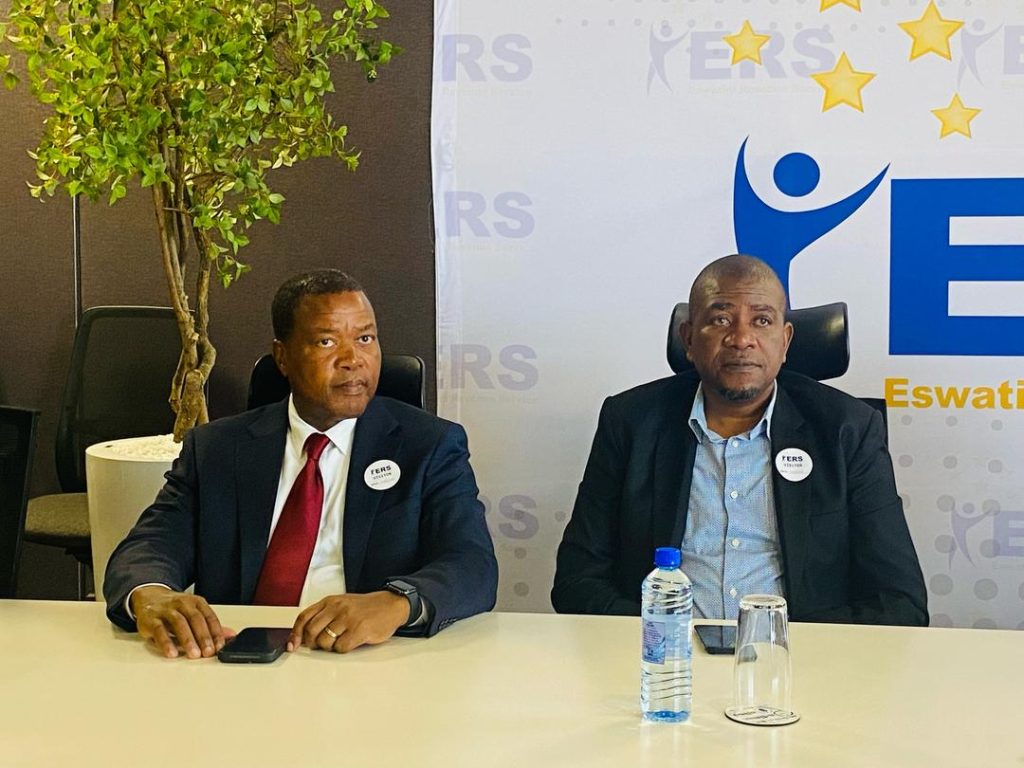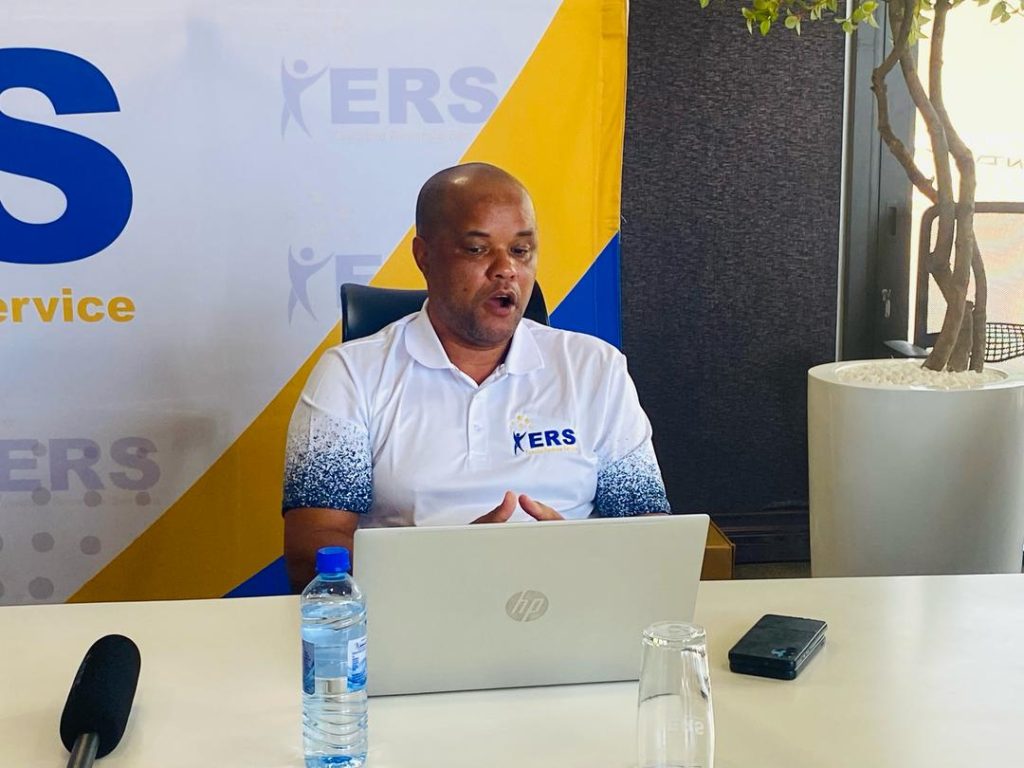
By Lindani Maseko
Navigating the complexities of tax compliance can often feel like an uphill battle, especially for small and medium-sized enterprises (SMEs). The
The ERS has thus launched the Bafundzise campaign which is designed to ensure that no business is left behind by taking tax and customs education directly to their doorsteps.
The Commissioner General (CG) of Eswatini Revenue Services (ERS), Brightwell Nkambule speaking during the launch also addressed the perception that the ERS’s objective is to close down businesses that aren’t tax-compliant.
He elaborated that such perception is misplaced; as the ERS recognizes that business closures have detrimental consequences, including a direct loss of clients for the ERS itself and the broader negative impact of job losses within the local economy.
Nkambule added that initiatives such as the Bafundzise campaign are meant to compliment the Sondzela Sikhulume Program which was meant to inspire both individuals and businesses to actively connect with the ERS in order to discover customized solutions for effectively managing their tax affairs.
The CG further revealed that recent findings from the ERS ‘Bafundzise’ campaign revealed that while 68.1% of businesses visited possess Taxpayer Identification Numbers (TINs), a significant 31.9% remain unregistered.
“The Bafundzise campaign will ensure that we start from scratch with businesses. We have to first find out if a business is formally registered. If it isn’t, we will assist in registering that entity. If a business is registered but not compliant, we will then assist them through the Sondzela Sikhulume campaign, and not shut them down. Our function is not to close down businesses, but to assist them to be tax-compliant, and thereby productive.”
“A prevalent misconception exists among unregistered businesses, with many assuming that tax registration is an obligation solely applicable to large enterprises, thus believing themselves to be exempt,” said Nkambule.
The CG explained that a substantial number of businesses demonstrated a lack of awareness regarding the presumptive Tax system.
“Our teams have been actively educating business owners and distributing informational materials to simplify compliance for SMEs.”
“A dedicated team of ERS officers have been deployed across the country with a single mission: to educate. Until now the teams are said to be engaging businesses through social media platforms, and face-to-face training sessions in conference halls.”
Their role was described as follows:
• To explain compliance requirements clearly and effectively
• To highlight simplified tax solutions such as the Presumptive Tax system.
• To provide information on customs solutions to help businesses expand into regional and global markets beyond Eswatini.
A phased approach, starting with Eswatini’s three major business hubs, was explained as a way to refine outreach strategies and tailor messaging based on feedback. This approach, along with the increase in their Net Promoter Score from 6% in 2022 to 70% today, aligns with the vision to achieve 100% voluntary compliance.

ERS Director of Client Services, Riccardo Kruger, indicated that while approximately 5000 businesses were estimated to be within the Manzini area, the precise figure would be determined as the campaign progressed.
Kruger further stated that the ERS aimed to cover Manzini, Matsapha, and Ezulwini by the end of June, emphasizing that their objective was to ensure that no business was excluded.
He also detailed the campaign’s expansion, mentioning that Siteki, Nhlangano, Piggs Peak, Buhleni, and other towns would be addressed after the initial phase, followed by outreach to businesses in rural areas.
